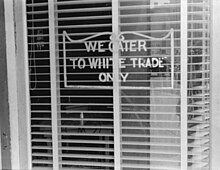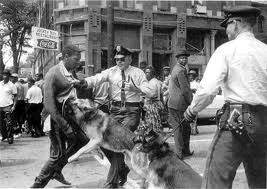|
Who
Protects the Unalienable 1866 Rights of Whom?
Equal rights for all was limited to very
few at the time of our founding fathers. Women, slaves, Indians and poor
men need not apply. Radicals of the early 1830's associated with
abolition wanted much more than freeing slaves. Everyone deserved civil rights. The Civil War had freed the slaves but what would be
their status. Would
freedman have civil, social, political and economic rights or
would they have a serf-like status. Many citizens at that time did not have
these rights. Also, what would happen to the southern states and their leaders. In the beginning of reconstruction
southern President
Johnson wanted the states back in the U.S. quickly so he let them back in 1865 when Congress
was not in session. He also wanted no civil rights for freedman. Radical
Republicans were not happy with what they observed after the war. Why? The
leaders of the South had quickly regained political power, much violence
was perpetrated against former slaves and
Black Codes laws
limiting rights were passed. Congress returned and passed the
Civil
Rights Act of 1866. It was the first
|
civil rights laws defining for first time a citizen and their rights. It negating the
Dred Scott
vs. Sandford decision by the Supreme Court that stated blacks were
not and cold not be citizens. President Johnson vetoed it but Congresses
overrode his veto. After the
Memphis
race riot of 1866
which
killed 46 blacks many felt
the law was not enough. More was needed. Local government
did nothing. This riot convinced many an amendment to the
constitution was required to make change permanent and enforceable. The
14th amendment passed Congress in June 1866. It
declared all persons born or naturalized in the U.S. were citizens. It also
declared all citizens were entitled to equal protection under the law,
states that denied voting rights to any adult male would have their
congressional representation reduced and finally to run for office
a former confederate office holders needed to be pardoned by an act of
Congress. It expanded "We the people..." and charged Congress with
enforcement. President Johnson went on a speaking tour to try and stop
ratification failed.
|
Anti-black activities by organizations like the
Ku Klux Klan
soon began in southern states. New president Grant enforced the new
amendment. By
1871 the federal government had subdued much of the violence. Blacks participated in and to
some degree were integrated into society. Click on picture of
Freedmen voting in 1867 New Orleans.
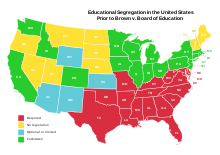 But a counter revolution had started.
Redeemer governments took over the South and went on a publicity
campaign to convince northerners that blacks were being treated fairly.
Eventually federal enforcement waned and after 1873 few
people were
involved in enforcing civil rights. Then the Supreme Court
started taking a very narrow interpretation of the Constitution in
relation to civil rights. The court negated that equal rights applied to
race. Then they determined it did not apply to interstate commerce segregation, private organizations like hotels, clubs, rail road cars ...
and that separate but equal was legal. In 1886 the rights of citizens
were applied to
corporations. They were collection of people and while this
interpretation simplified the legal system; it also made it impossible to
regulate corporation. Thus the 14th Amendment was an asset to big
business but not to minorities. R= segregation required, Y no law, B
optional/limited and G illegal, But a counter revolution had started.
Redeemer governments took over the South and went on a publicity
campaign to convince northerners that blacks were being treated fairly.
Eventually federal enforcement waned and after 1873 few
people were
involved in enforcing civil rights. Then the Supreme Court
started taking a very narrow interpretation of the Constitution in
relation to civil rights. The court negated that equal rights applied to
race. Then they determined it did not apply to interstate commerce segregation, private organizations like hotels, clubs, rail road cars ...
and that separate but equal was legal. In 1886 the rights of citizens
were applied to
corporations. They were collection of people and while this
interpretation simplified the legal system; it also made it impossible to
regulate corporation. Thus the 14th Amendment was an asset to big
business but not to minorities. R= segregation required, Y no law, B
optional/limited and G illegal,
|

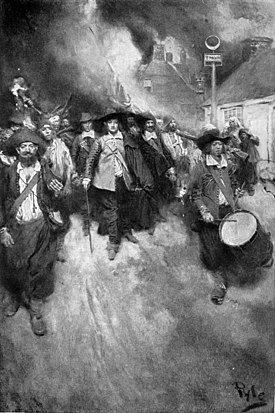
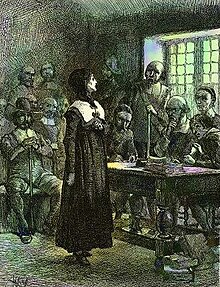
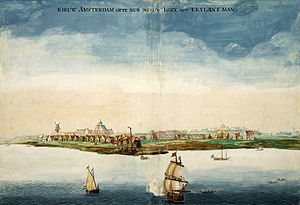

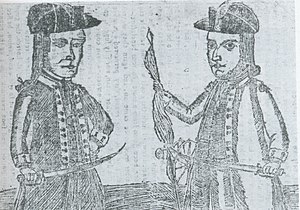
 The
Politics: "A speedy Death to General
Washington!" cartoon was one of many. It depicted the President being chased out of town
by those who felt the unconstitutional treaty was reason for impeachment.
The South not being compensated
for freed slaves who had fought for England
was one reason for
unhappiness.
Secretary of State Hamilton wanted to negotiate but his friendship with
England ruled him out. Supreme Court Chief Justice Jay was sent. Soon to be
a Republican, Jay was far from being a loyal cabinet member. See Leader of the Opposition:
The
Politics: "A speedy Death to General
Washington!" cartoon was one of many. It depicted the President being chased out of town
by those who felt the unconstitutional treaty was reason for impeachment.
The South not being compensated
for freed slaves who had fought for England
was one reason for
unhappiness.
Secretary of State Hamilton wanted to negotiate but his friendship with
England ruled him out. Supreme Court Chief Justice Jay was sent. Soon to be
a Republican, Jay was far from being a loyal cabinet member. See Leader of the Opposition:

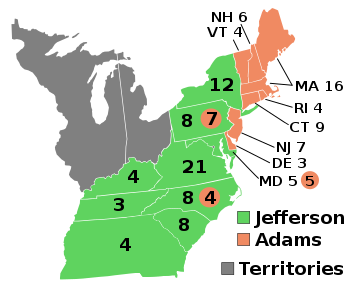
 The
Politics: Jefferson refused and
issued 25 new appointments in their place. Marshal wanted his fellow justices to rule the
1801 Judiciary Act unconstitutional. The justices refused. Then
Federalist appointee
William Marbury sued for his
appointment. He wanted the soon to be appointed be Secretary
of State John Madison to send the mail. In
The
Politics: Jefferson refused and
issued 25 new appointments in their place. Marshal wanted his fellow justices to rule the
1801 Judiciary Act unconstitutional. The justices refused. Then
Federalist appointee
William Marbury sued for his
appointment. He wanted the soon to be appointed be Secretary
of State John Madison to send the mail. In



